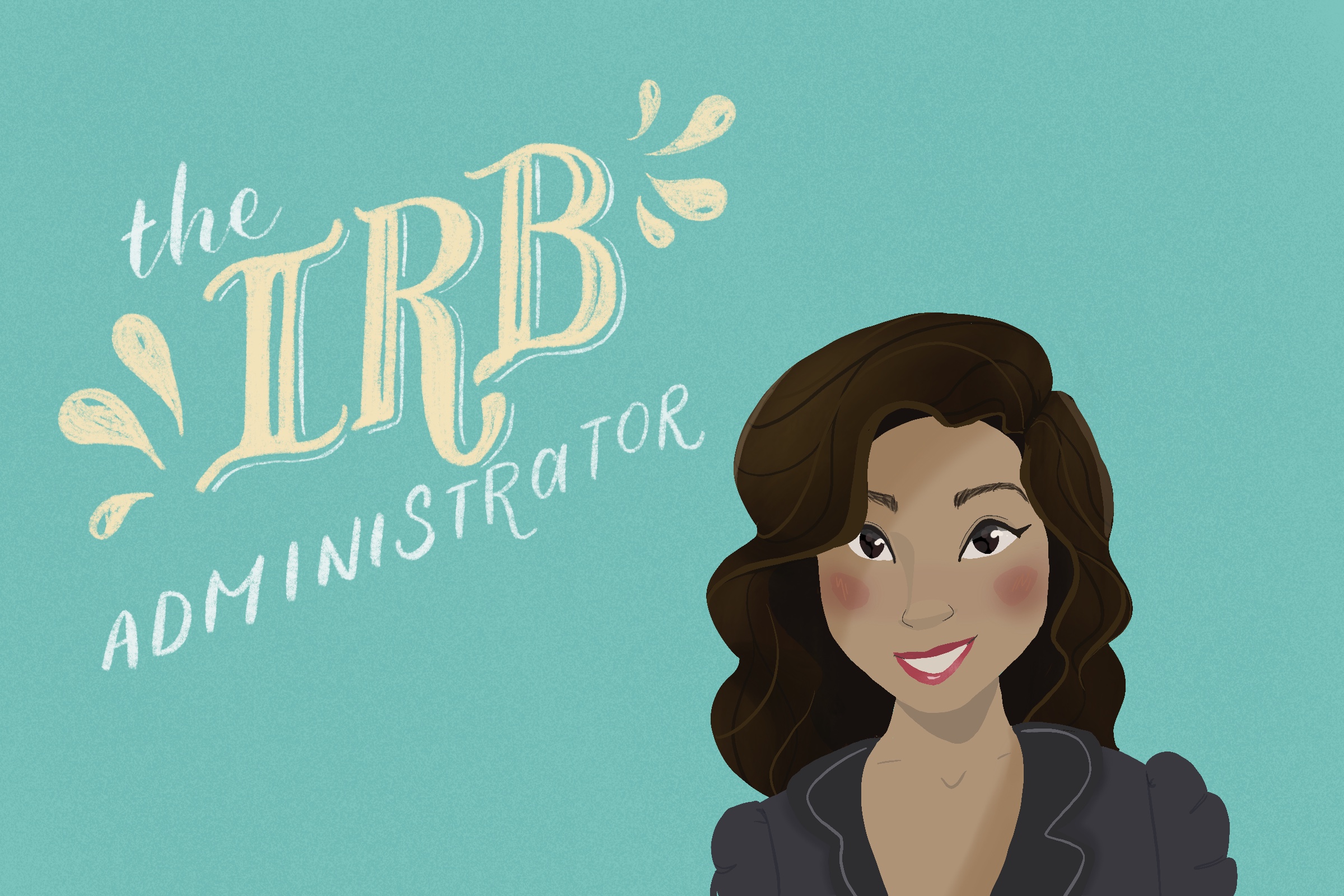Before I joined the IRB administration team, I thought IRB reviewers were members of a secret society whose sole purpose was to strike down research. Like others before me, I believed my research would be put on the IRB butcher’s block and be chopped into little bits. However, IRB administrators are not the menacing force I had originally perceived. In fact, IRB administrators want to see quality research out in the field and will work tirelessly to help guide researchers towards that goal.
I was reminded of my past misconceptions when a doctoral student came to visit me in my office. He started the conversation by saying, “I’ve heard IRBs can be really difficult. I’m really worried about my research. I don’t think it is going to pass the review process.” Most IRB administrators do not intend to make the review process difficult for researchers. Moreover, the primary purpose of the IRB is to protect the rights and welfare of human subjects involved in research activities and in doing so, that process may require difficult decisions or added protections that delay a standard review.
I advised the doctoral student to empathize with the role of an IRB administrator and consider the many factors involved in a research protocol review. I also provided the student with a general guide that all IRB reviewers consider:
- Minimizing Risk: Reviewers weight the risks of each protocol submission to ensure they are reasonable in relation to the benefits, if any.
- Participant Selection and Well-being: Reviewers consider how researchers select participants and whether the selection of subjects is equitable. They discuss if the research involves vulnerable populations, (e.g., children, prisoners, pregnant women, cognitively impaired persons, or economically or educationally disadvantaged persons). The reviewers also ensure researchers inform and protect participants throughout the research process.
- Research Purpose and Setting: Reviewers consider the purpose of the research and the research setting. The research setting may have important consequences that impact the research design and the type of data that can be collected, and how that data will be interpreted.
- Informed Consent: Often, reviewers ask the following questions regarding the informed consent form (or parental permission, student assent, etc.):
- Is the informed consent clear for the intended audience?
- Is the time commitment on the informed consent consistent with the
research design? - How is confidentiality explained on the informed consent (e.g., protecting the privacy of subjects and maintaining the confidentiality of data)?
- Is there a chance for coercion or undue influence (e.g., remuneration)?
- Is it clear what the participant will be asked to do if they agree to participate
in this study? - What happens next if the participant wants to quit or shows signs of distress?
IRB reviewers help ensure safeguards are clearly included in the study to protect the rights and welfare of research participants. While these assurances may feel like a chopping block, they are designed to make research better. TC IRB has provided a TC Reviewer Questions document for researchers to use when preparing their protocols.
